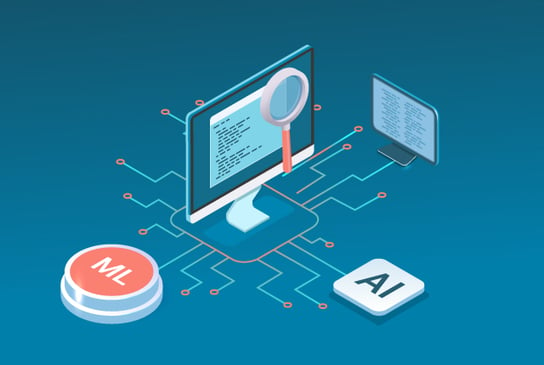
Artificial Intelligence (AI) and Machine Learning (ML) can significantly enhance software testing processes by automating tasks, improving test coverage, and identifying defects more efficiently. Here's how AI and ML can be applied in software testing:
- Test Automation: AI-driven test automation tools can generate test scripts, reducing the manual effort required for script creation and maintenance. ML algorithms can identify and suggest repetitive test cases for automation-optimizing test suites.
- Test Data Generation: AI algorithms can generate realistic and diverse test data, helping ensure comprehensive testing coverage. ML models can predict the required test data based on historical data, reducing the effort needed for data setup.
- Test Case Prioritization: ML can prioritize test cases based on the likelihood of finding defects in specific code areas, improving testing efficiency. AI-driven algorithms can consider historical defect patterns and code changes to determine which test cases should be executed first.
- Defect Prediction: Based on historical data, ML models can predict potential areas where defects are likely to occur, aiding in proactive testing. AI can identify anomalies in code changes and trigger tests in response to code commits.
- Automated Regression Testing: AI-driven test execution can intelligently identify which test cases to run based on code changes, reducing regression testing time. ML algorithms can detect changes impacting existing functionality and automatically initiate relevant tests.
- Log Analysis: AI can analyze log files and detect anomalies or errors, helping identify issues early in development. ML models can cluster similar log entries to identify common patterns and potential defects.


Post a Comment